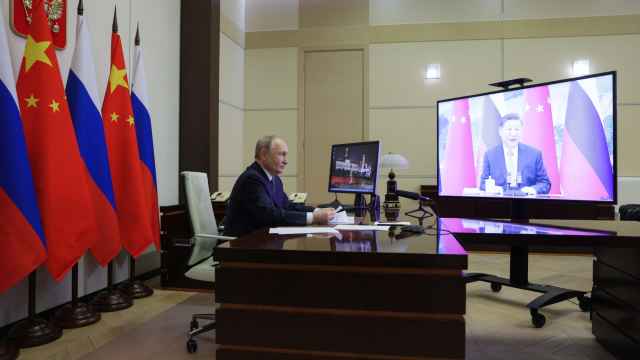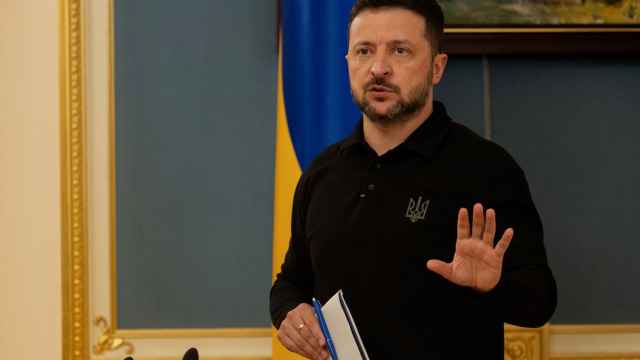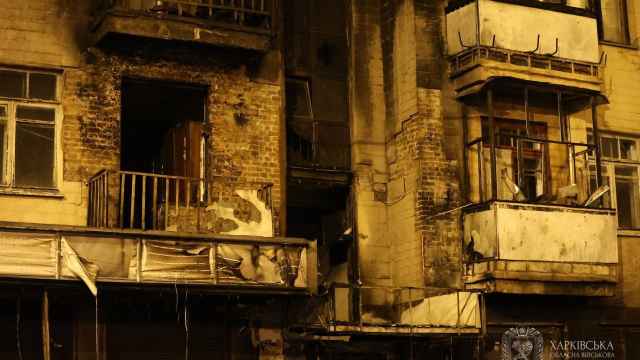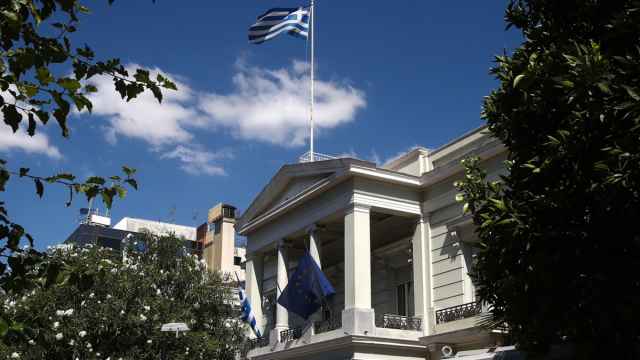Founded by Peter the Great in 1703, St. Petersburg emerged as the capital of the Russian empire in the 18th century. Referred to as the "Russian Versailles," Peter the Great's summer residence, the Peterhof Palace (pictured), is a must-see site to visit for anyone who comes to St. Petersburg.
Three hundred years later, Russia's second-largest city is taking on the capital, Moscow, in the struggle to become the country's leading technology hub. The emergence of St. Petersburg as Russia's tech capital is down to the city's practical blend of skilled engineers and low overheads when compared with Moscow. Engineers graduate from top universities such as St. Petersburg State University of Information Technologies, Mechanics and Optics (ITMO) and St. Petersburg State Polytechnical University. The ITMO students' team won the world championship in programming (ACM Intercollegiate Programming Contest) in Warsaw in May this year, so this is some indication of the caliber of the university's graduates.
Want fast-growing Internet ventures?
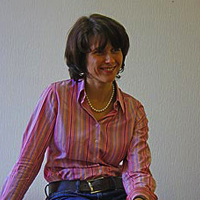
Funded by VTB Capital and Mangrove, the online hotel-booking service Oktogo.ru (headed by Marina Kolesnik, above) has been fast in signing up the largest database of Russian hotels in the country. The online school service Dnevnik.ru is already used by more than 30 percent of 60,000 schools in Russia, while SPB TV allows millions of smartphone users to watch TV channels on the move.
Want startup success stories?
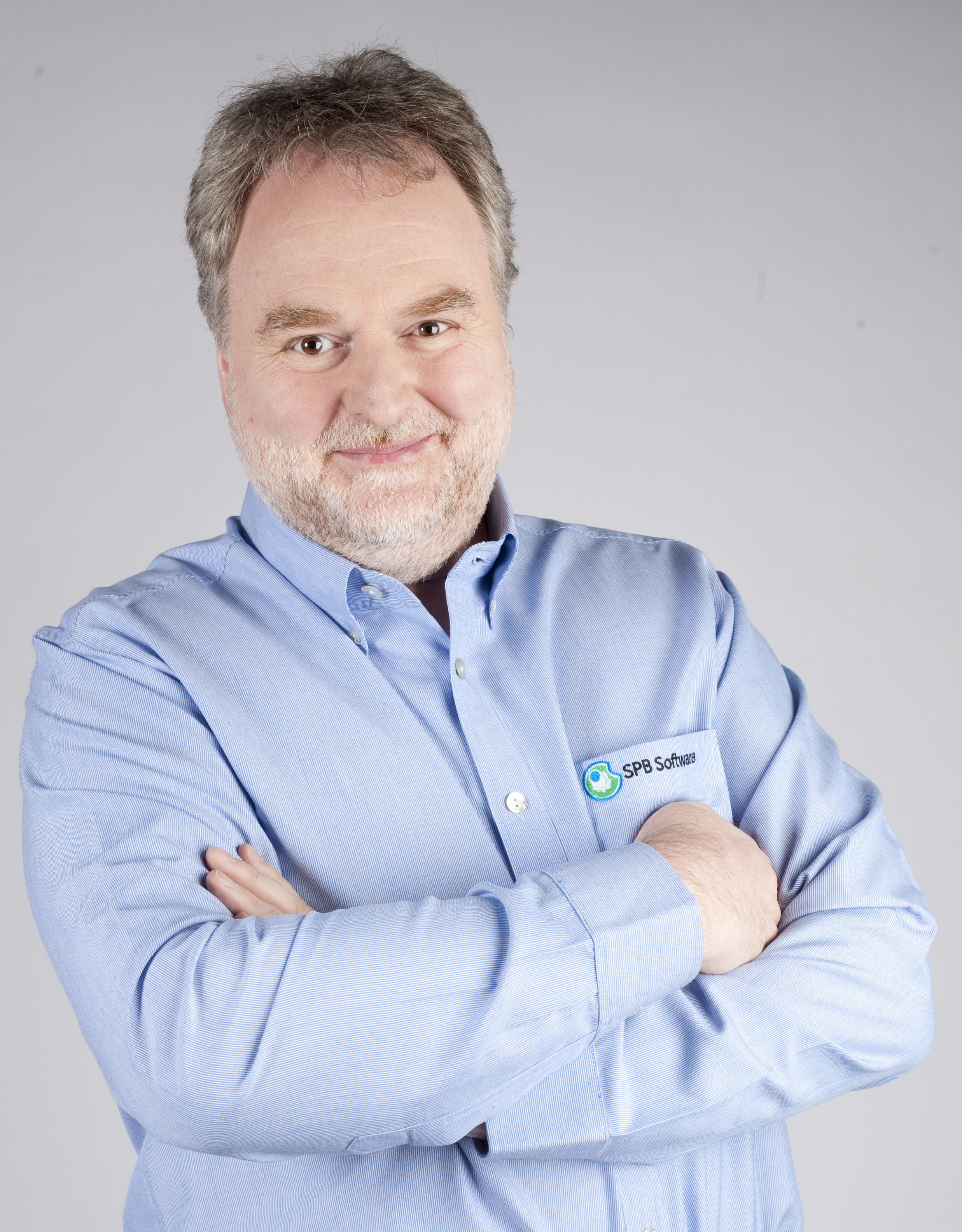
The mobile user interface maker SPB Software (CEO Sebastian-Justus Schmidt, above) was acquired by Yandex Ventures for $38 million in 2011. Aelita Software, whose R&D department was based in St. Petersburg, was sold to Quest Software for $115 million, and German venture capital firm Quadriga made more than 10 times the cash it invested in Speech Technology Center (STC).
Want a billion-dollar Russian Internet IPO candidate?
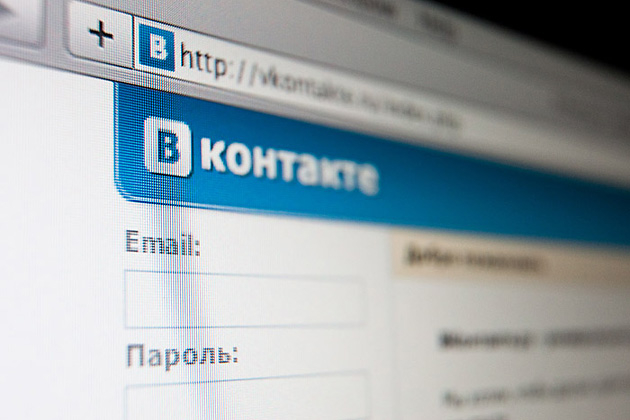
VK (Vkontakte), the leading Russian social network, was created in St. Petersburg in 2006. With over 50 million monthly users in Russia and abroad, VK make revenues of more than $100 million per year. It's the only candidate that could potentially be looking at a Facebook-style stock-market scrum.
Want global technology companies investing in St. Petersburg talent?
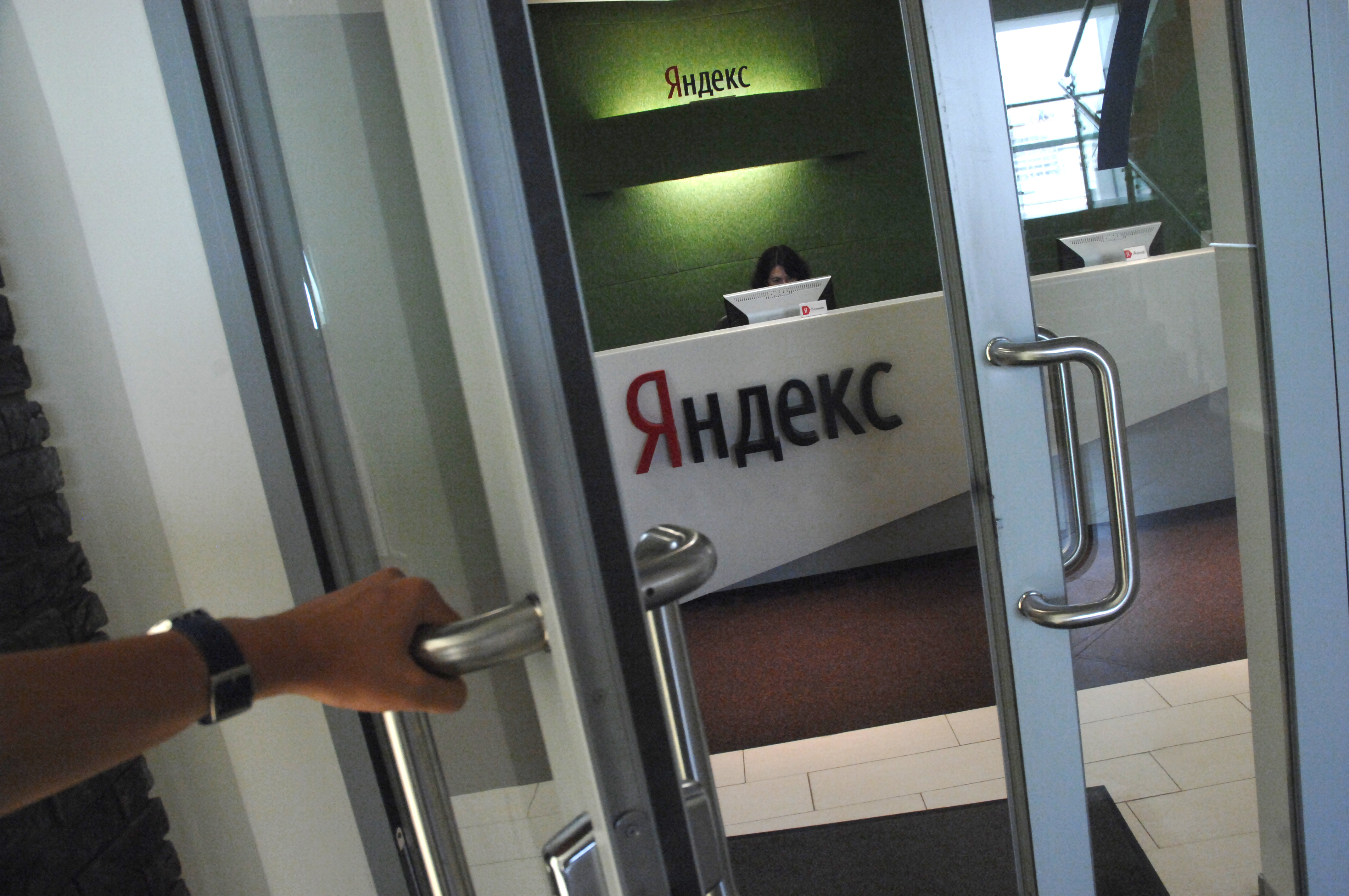
Both listed on the New York Stock Exchange, Russian search engine company Yandex (pictured) and the U.S./Belarus/Russia-based EPAM have software engineering centers in St. Petersburg. U.S. tech giants Google, Intel and Oracle also have software development offices in the city, while global custom software development firm DataArt, software development outsourcing provider Reksoft and visualization management and backup software vendor Veeam Software all hail from the city.
Want a top tech incubator?

The Internet business incubator Ingria (design above) currently hosts 80 resident companies and still has ambitious development plans. They raised $12 million in outside funding in 2011, with notable residents including ResumUP, ITMozg, KuponGid and RubicPro (Web-Notifier). In November 2012, the Web Ready contest for Internet and mobile ventures will be held in St. Petersburg in partnership with Ingria. The applications are open until mid-October.
What. St Petersburg still lacks, however, is the presence of major venture capital. For now, if you want funding, you'll have to hop aboard the high-speed Sapsan train for the four-hour trip to Moscow to pitch.
Also important, St. Petersburg hotspots:

Of course, after a hard day of deal-making, you want somewhere stylish to wind down, and St. Petersburg has no short supply of luxurious bars and meeting spots. Try Vozduh Project, Duhless and Circus Club for dancing the night away or the Ginza Project Restaurant (pictured) for fine dining.
This article first appeared on venturevillage.eu.
A Message from The Moscow Times:
Dear readers,
We are facing unprecedented challenges. Russia's Prosecutor General's Office has designated The Moscow Times as an "undesirable" organization, criminalizing our work and putting our staff at risk of prosecution. This follows our earlier unjust labeling as a "foreign agent."
These actions are direct attempts to silence independent journalism in Russia. The authorities claim our work "discredits the decisions of the Russian leadership." We see things differently: we strive to provide accurate, unbiased reporting on Russia.
We, the journalists of The Moscow Times, refuse to be silenced. But to continue our work, we need your help.
Your support, no matter how small, makes a world of difference. If you can, please support us monthly starting from just $2. It's quick to set up, and every contribution makes a significant impact.
By supporting The Moscow Times, you're defending open, independent journalism in the face of repression. Thank you for standing with us.
Remind me later.


